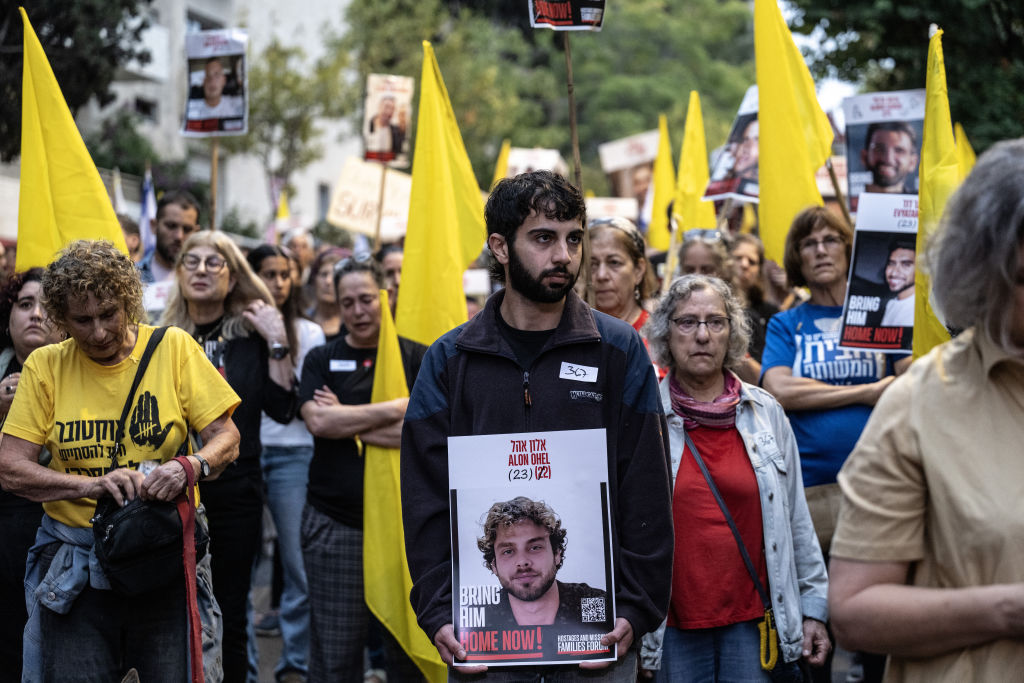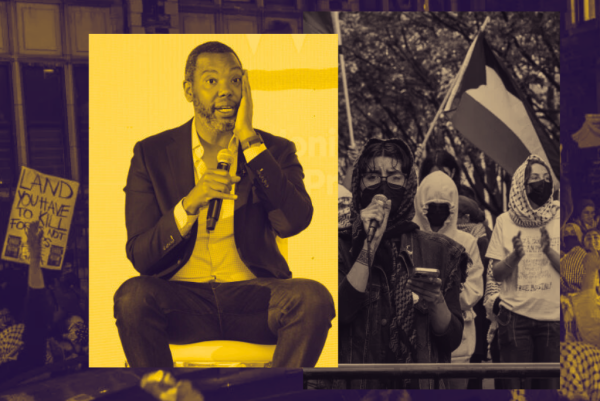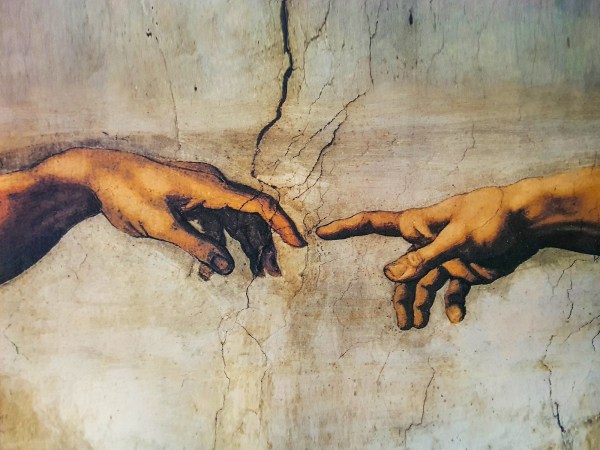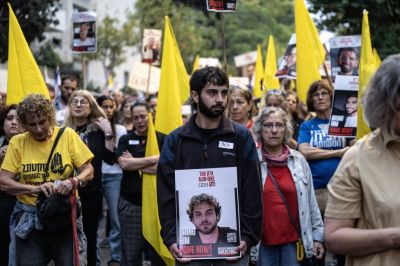The writer Ta-Nehisi Coates has gotten far more attention than he deserves for his new book, The Message, which contains a blistering condemnation of Israel. The response from Israel’s defenders has been equally and deservedly blistering.
The heart of their criticism is pretty simple: Coates doesn’t know what he’s talking about. He visited Israel for 10 days on a literary junket run by critics of Israel and returned to write, by his own account, a one-sided, wholly impressionistic indictment of the country.
When I say by his own account, I mean it. Coates insists that he wants to tell the story of the victims—the oppressed Palestinians—not of their Israeli oppressors. That’s why he doesn’t mention the October 7, 2023, attacks or really discuss terrorism or history at all.
Indeed, he has declared that complexity itself is to be rejected in favor of black-and-white morality, with Israel being the bad guys and the Palestinians the good guys. According to Coates, the very idea that the Israeli-Palestinian conflict is “complicated” is a way of shielding Israel from the condemnation it deserves. Complicated is “horsesh—” according to Coates.
And here is where I largely agree with him: The problem Israel faces isn’t morally complicated at all. It might have been on October 6, 2023. But after October 7, things got simple.
The terrorist organizations Coates whitewashes or ignores openly and proudly insist that they want Israel destroyed. I’m not even referring to those insipid chants of “From the river to the sea, Palestine will be free!” one hears from Western apologists for terrorism. I mean that their leaders and founding documents plainly state that their goal is to eradicate Jews and their country.
Hamas and Hezbollah have never been subtle or ambiguous: They want Israel gone and the Jews living there dead or exiled. The Houthis’ official slogan is “God Is the greatest, death to America, death to Israel, a curse upon the Jews, victory to Islam." Coates could find this out by spending five minutes on Wikipedia.
When someone clearly expresses an intent to murder you and your family, a lot of complexity melts away.
And when they back up their words with actions, things get simpler still. A year ago, Hamas launched a brutal attack in which they murdered men, women, and children; raped women; and kidnapped hundreds. This wasn’t the rhetorical cosplay we’ve seen on American college campuses. This was a deliberate and wanton slaughter of civilians. And in the wake of the attacks, Hamas’ leaders vowed to repeat them again and again.
Except for the issue of retrieving their hostages and adhering to the laws of war rejected entirely by Hamas, Israel’s options were decidedly uncomplicated. And that’s why Coates’ cartoonish understanding of Israel and the Palestinians is so pernicious.
You know what’s complicated? A two-state solution. That requires hard work, bargains and sacrifices. If you are a friend of the Palestinians, the last thing you should promote is sophomoric simplicity.
If you tell the Israelis that compromise is pointless because their country should not exist or be able to defend itself, they will simply ignore you, and rightly so. And if you tell Americans they must choose between terrorist organizations that proudly rape and murder civilians and a democratic ally that doesn’t promise death to America, the odds are good that they’re going to pick the latter.
If Palestinians had eschewed violence in favor of peaceful resistance and moral suasion, they probably would have had a viable state long ago. But Palestinian leaders and Arab governments rejected that approach for decades. Indeed, the Oct. 7 attack was intended to prevent such an approach. The normalization of relations between Israel and Arab governments was a major motivation for it.
Coates and his defenders insist that they want “moral clarity” on the conflict. I believe moral clarity is on Israel’s side. It’s a democracy whose Muslim and Arab citizens have rights that they wouldn’t enjoy in most Arab and Muslim countries. Israel tries to protect civilians and is called genocidal. Hamas calls for genocide, and they are called victims.
I could go on, but even if you reject such facts as irrelevant, Hamas has forced Israelis to either defend themselves or die. Such a choice makes everything clear and simple very quickly. Israel’s flaws vanish before that existential test. That’s why complexity is the only hope the Palestinians have.







Please note that we at The Dispatch hold ourselves, our work, and our commenters to a higher standard than other places on the internet. We welcome comments that foster genuine debate or discussion—including comments critical of us or our work—but responses that include ad hominem attacks on fellow Dispatch members or are intended to stoke fear and anger may be moderated.
With your membership, you only have the ability to comment on The Morning Dispatch articles. Consider upgrading to join the conversation everywhere.